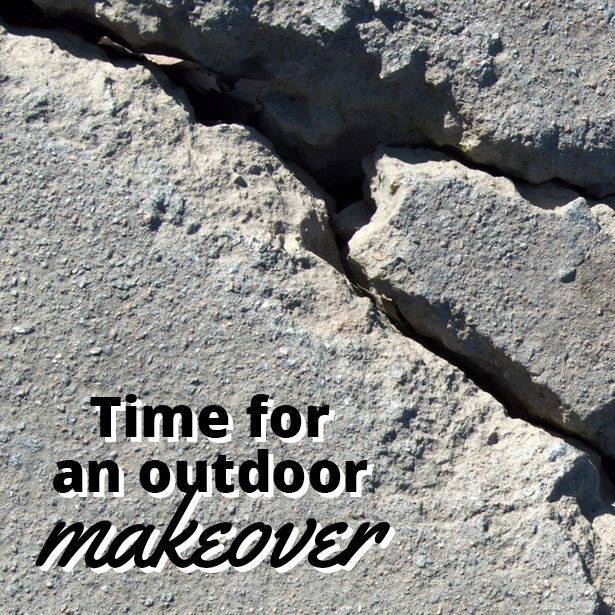|
Concrete is a practical material; everyone knows that. It can also be made beautiful when it is stamped or otherwise decorated. But one downside to concrete that may discourage homeowners from using it is how they have seen it crack. In reality, however, if the concrete is installed properly it will undergo little-to-no cracking. A well-versed concrete contractor knows how to mix and pour concrete to minimize cracking that can ruin the looks of your surface. There are certain factors that will contribute to concrete cracking. Let's take a look at some of them as well as steps taken by a quality contractor to avoid them. Too much water in the mix One of the more common reasons that cracks, also known as faults, develop is that the concrete was improperly mixed which is typically a case of having too much water in the mixture. The proper settling of concrete happens to the process of hydration. Meaning that the water has to combine with the concrete at our particular pace. While the water evaporates it is contributing to the curing process of the concrete with too much water the concrete cannot hear properly. Drying too fast On the flip side of the coin the concrete should not dry too quickly either. The full process of curing the concrete can take weeks or even a full month depending on the type of job and concrete that is being used. In our fast-paced world of quick internet access, fast food and instant gratification we may want to quickly get our concrete project completed but if it is done too quickly it will cause those unsightly cracks in the future. Concrete thickness
Another reason that concrete may crack is due to inadequate thickness of the slab that was poured. A proper thickness must be determined by the contractor doing the work he may ask questions like the type of vehicles or other traffic that will be using this concrete slab. For example a walkway is not as thick as a driveway that must support large vehicles. We have heard horror stories of concrete companies near me coming in and saving himself a little money by pouring that is thinner than recommended for the application. Other issues we have come into is home DIYers with little experience pouring concrete either creating a bad mixture for pouring a slab that is too thin. Concrete poured in Lakewood when it's too cold The cold weather of Colorado can be a negative factor on the curing process of concrete. If you are nearing the colder months of the year you can speak with your contractor about their experience dealing with cold weather pours make sure that they have adequate experience and that your slab will come out how you imagined it would. Insufficient control joints You can have the right mixture the Perfect weather in your concrete can still crack. That is why you see pre-made cracks in concrete slabs these are called control joints. These control joints are used to control where the concrete will. As concrete cures it shrinks thus causing natural tracks that can be controlled by the contractor with these control joints. If the contractor does not place the right amount of control joints you can get random tracks spreading across the center of your slab or concrete patio becoming an eyesore. Long-term reasons that concrete will crack
A top rated concrete company in Lakewood, Colorado will be able to negate the majority of these issues. Give Lakewood Masonry call if you are experiencing any of these issues with your concrete slabs, we can come out and assess your situation you come up with the best solution. Click to call 720-605-2740 |
ArchivesCategories |


 RSS Feed
RSS Feed
